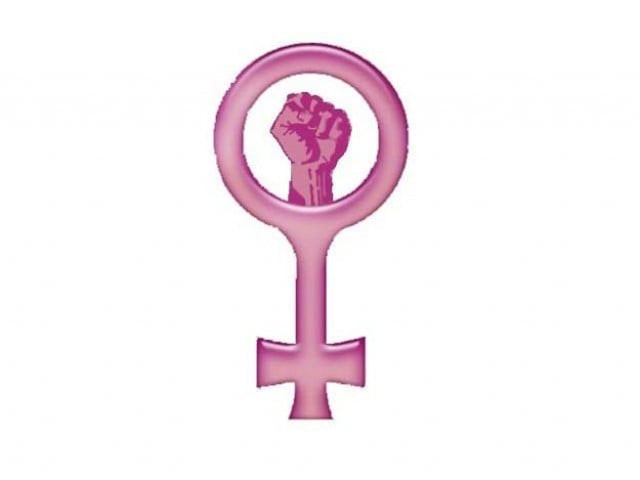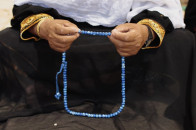Violence against: women Government, civil society huddle over draft policy
The policy also calls for equipping lady health workers with the training and necessary tools

The government and civil society organisations huddled over draft national policy on ending violence against women and girls on Thursday and urged for adoption of national policy to address the incidents of violence against women and girls.
The policy dialogue was jointly organised by the Ministry of Human Rights, NCSW, Aawaz and Aurat Foundation to choose representatives of federal and provincial governments, parliament, relevant UN agencies and civil society organisations on board for improving the policy, which has recognition and ownership of a broad section of society.
Adviser to the Prime Minister on Human Rights Barrister Zafarullah presided over the consultation meeting and said, “We have finally succeeded in establishing a separate ministry for ensuring human rights in Pakistan.”
The draft policy aims to provide a framework on how to implement constitutional obligations as well as international conventions and treaties ratified by Pakistan that speak of its commitment to protecting fundamental human rights and to eliminate gender-based violence. It also aims to bring existing laws in line with the policy in order to address existing direct and indirect discrimination against women and girls.
The establishment of a collaborative and coherent response system between all agencies is essential to ensure the safety of victims and survivors.
The policy stipulates that gender-based violence centres be introduced in every districts of every province. The centres would be wholly staffed by women trained in first aid, police reporting, lodging FIRs, medical examination, collection and analysis of forensic and other evidence, psychologist evaluation and post-trauma rehabilitation.
The policy further stipulates that more crisis centres for women should be set up, either independently, or as units within hospitals.
Doctors, nurses and psychologist specifically trained to deal with gender-based violence are key to comprehensive care, which requires budgetary allocations and ongoing training for staff. Procedural operating standards are imperative to the effective working for such units.
The policy also calls for equipping lady health workers with the training and necessary tools, to identify early signs of VAW. These may work as an effective early warning system to prevent VAW at the doorstep.
Published in The Express Tribune, February 5th, 2016.



















COMMENTS
Comments are moderated and generally will be posted if they are on-topic and not abusive.
For more information, please see our Comments FAQ